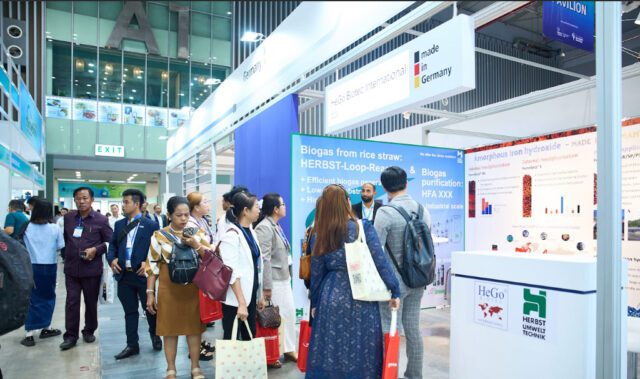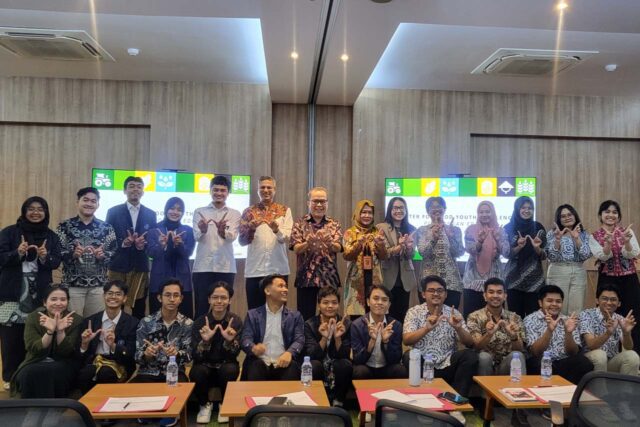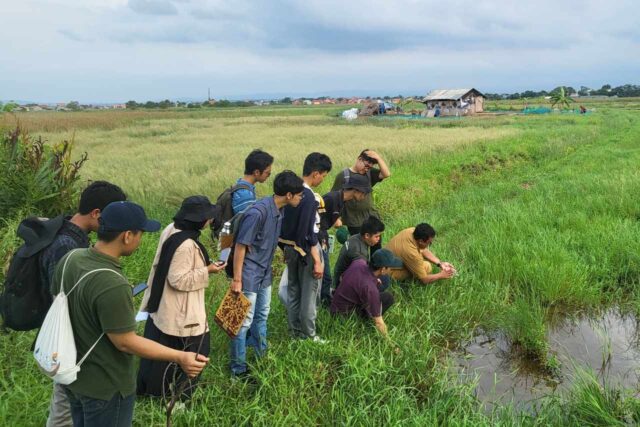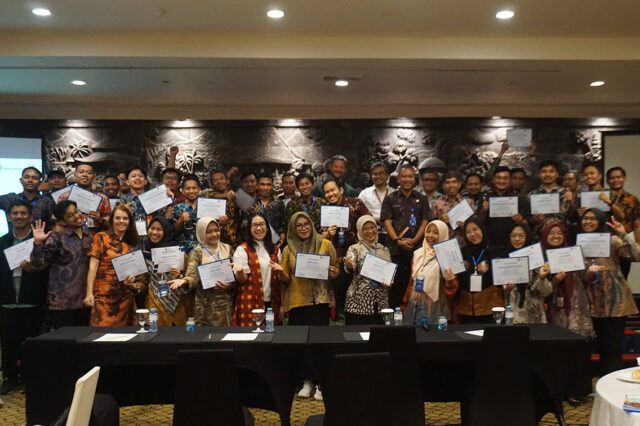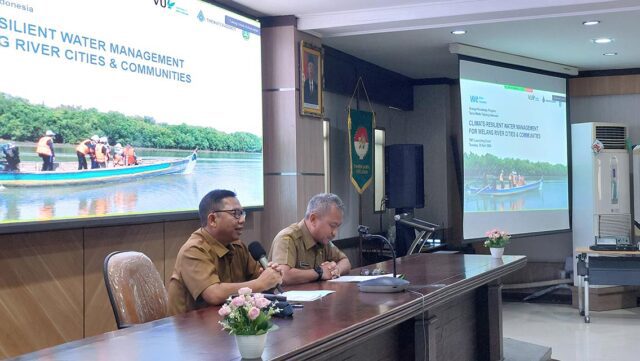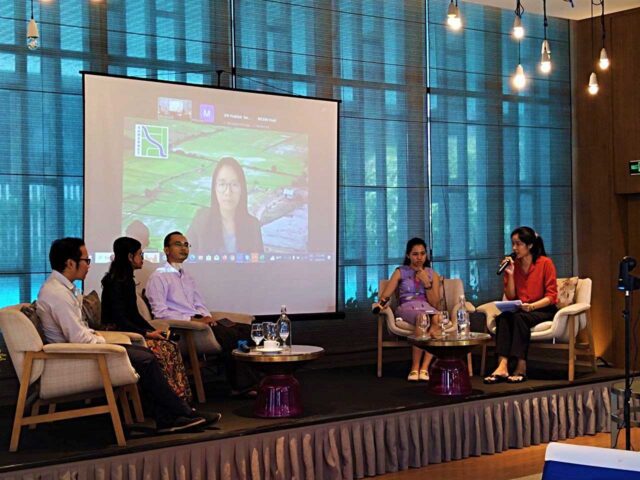Learning Ground for the Young Water Leaders
As the urgency and complexity of water and other climate-related problems in Indonesia are increasing dramatically, educating the next generation of water and climate leaders is a priority for Indonesia, now and in the coming years. One of the best ways to do this is by engaging young people with real water-related problems, challenge them to look at different aspects of water management, give them room to contribute their own ideas and solutions, and let them learn from experienced professionals in the field.
This is what UNESCO Jakarta and us are aiming to achieve through UNESCO Water Resilience Challenge 2021: creating a unique learning opportunity for high motivated students to contribute their original and innovative ideas into one of the most unique, valuable, and vulnerable ecosystems in Indonesia, the Rinjani-Lombok Biosphere Reserve and UNESCO Global Geoparks (UGGp).
Introducing: UNESCO Water Resilience Challenge 2021
UNESCO Water Resilience Challenge 2021 is a unique capacity-building program where 25 Young Water Leaders will be selected, mentored, and challenged to learn about all aspects of the reserve area and watershed, analyze the critical issues, and develop their original concepts to address these – all within the four weeks of mentoring session. Sembalun District near the Rinjani – Lombok Biosphere Reserve and UGGp, West Nusa Tenggara, is chosen as the case study area for this challenge, where a mix of water-related issues lies there.
Considering and carefully watching the current Covid-19 pandemic situation in Indonesia, the Challenge will be conducted fully online to ensure the safety of every participant while making sure the learning process continues and the Challenge can inspire everyone.
Issues in Rinjani-Lombok Biosphere Reserve and UGGp
As part of Rinjani-Lombok Biosphere Reserve and UGGp, Rinjani Mountain is essential for water resilience in Lombok Island. The mountain acts as the catchment area for one of the four watersheds in Lombok, the Putih watershed.
The area of Putih Watershed from upstream to downstream is 661.8 km2, with the main river length of 405.2 km. The river basin holds a mix of water-related issues, such as limited water sources, drought, flooding, and landslides, which might be more catastrophic with the effect of climate change. These issues can jeopardize the water resiliency in Lombok Island, especially in Sembalun District where water scarcity is dominant. Within the scope of the Challenge, participants will be guided to look into these three topics:
- Water for Food, to ensure water availability for food production and how to be more responsible in water consumption.
- Water for Living, to solve challenges on clean water and sanitation for daily use.
- Water and Safety, to respond to the current water problems caused by natural disasters and climate change.
The online program will run through three phases, spanning from 4 October to 16 November 2021. During Phase I in early October, the participants will identify the water issues in Sembalun District, consult and get inspiration from the experts’ presentation and virtual field visits.
A four-week online mentoring session in Phase II, aims to encourage and sharpen the teams in translating their strategies into concept solutions with the guidance of experienced national and international mentors.
In Phase III, the participants are expected to pitch their ideas on developing water resiliency in Sembalun District in front of a panel of juries and stakeholders. The winning team will then be scheduled to present their concept ideas at the 13th Southeast Asian Biosphere Reserve Network (SeaBRnet) meeting on 16 November 2021.
For more information on the Challenge please check: instagram.com/indonesiawaterchallenge/ and join the group indonesiawaterportal.com/unescochallenge.

